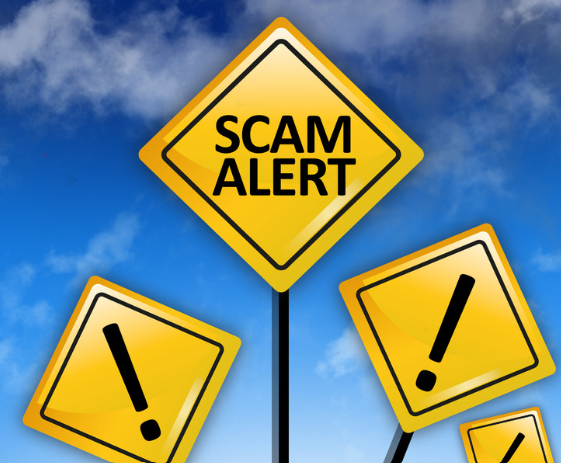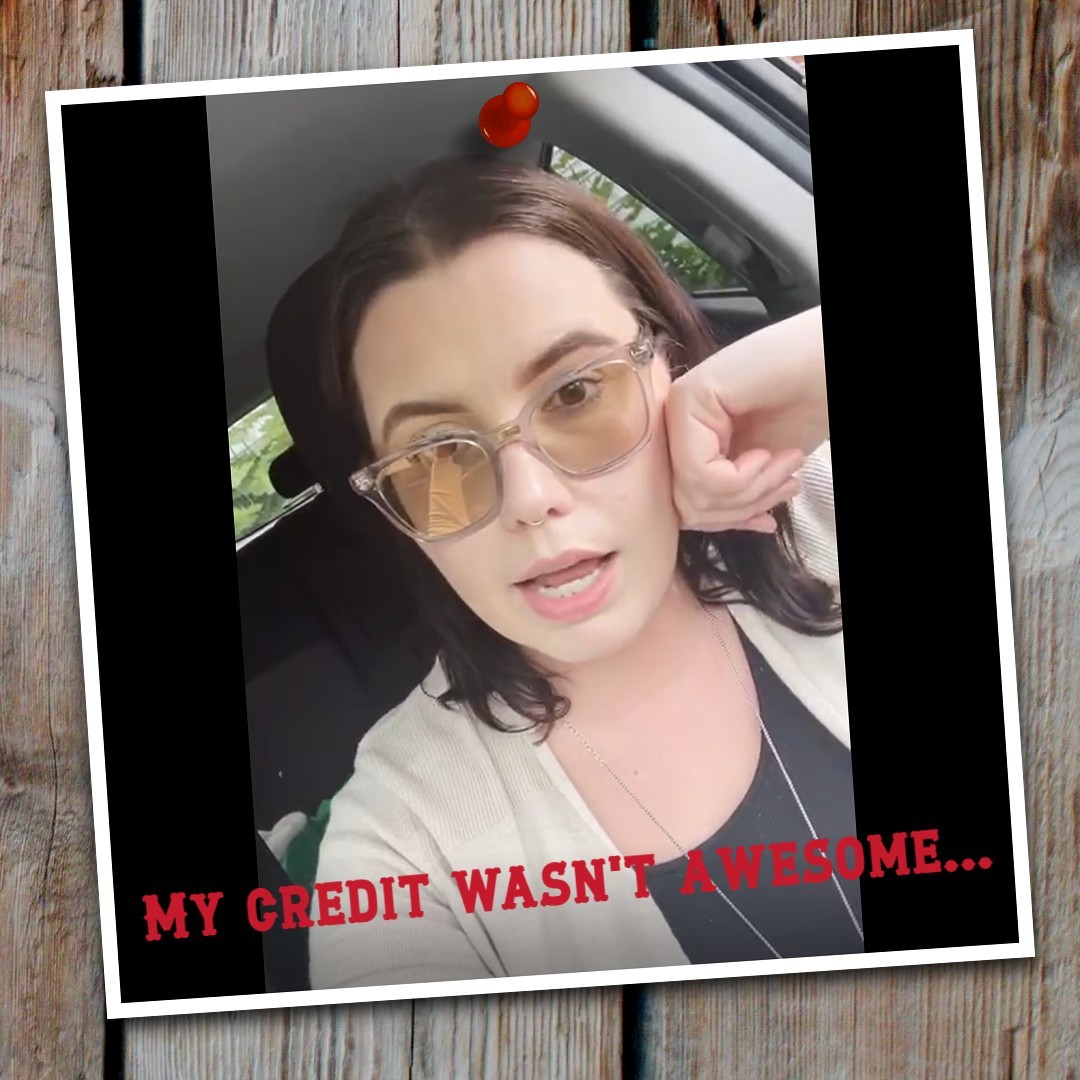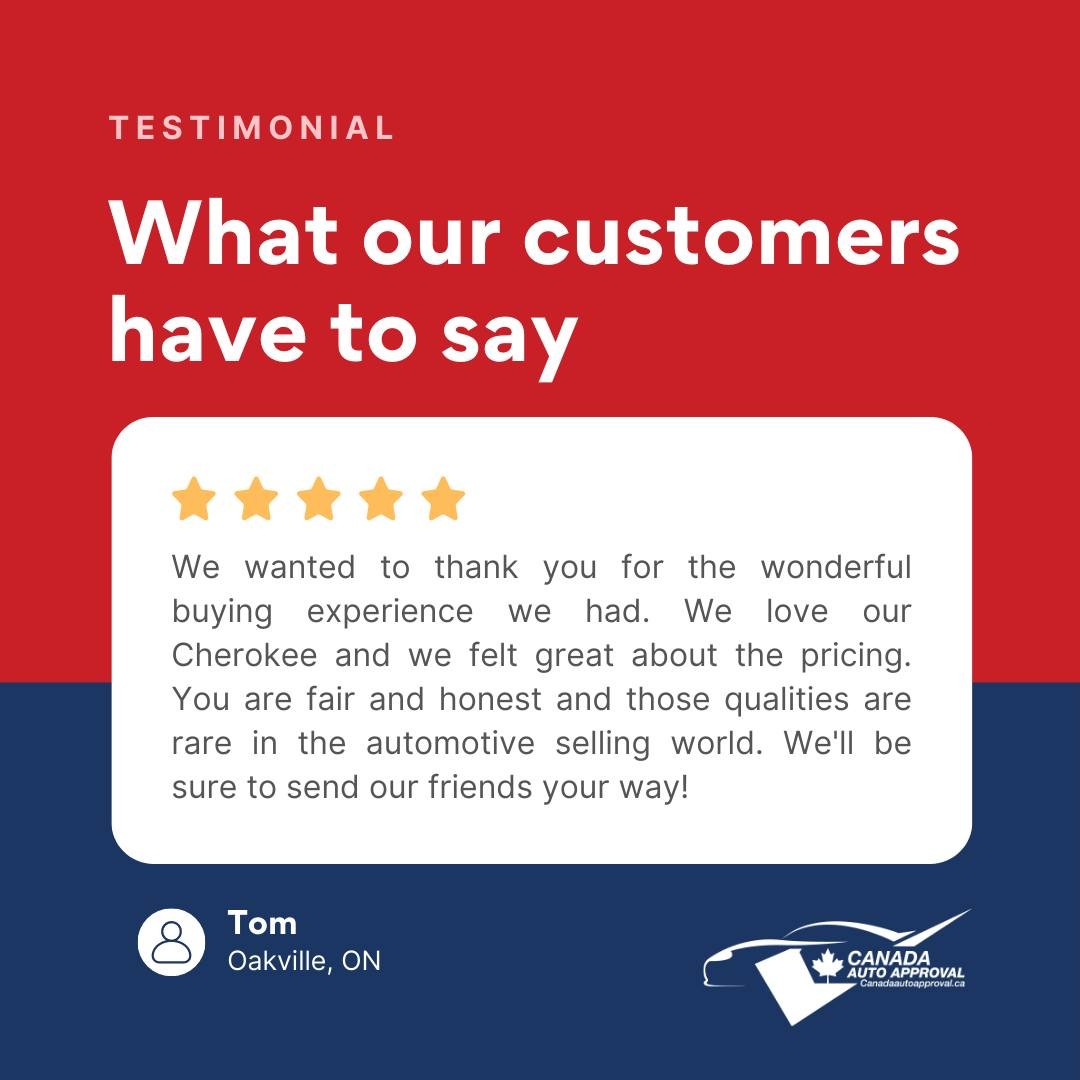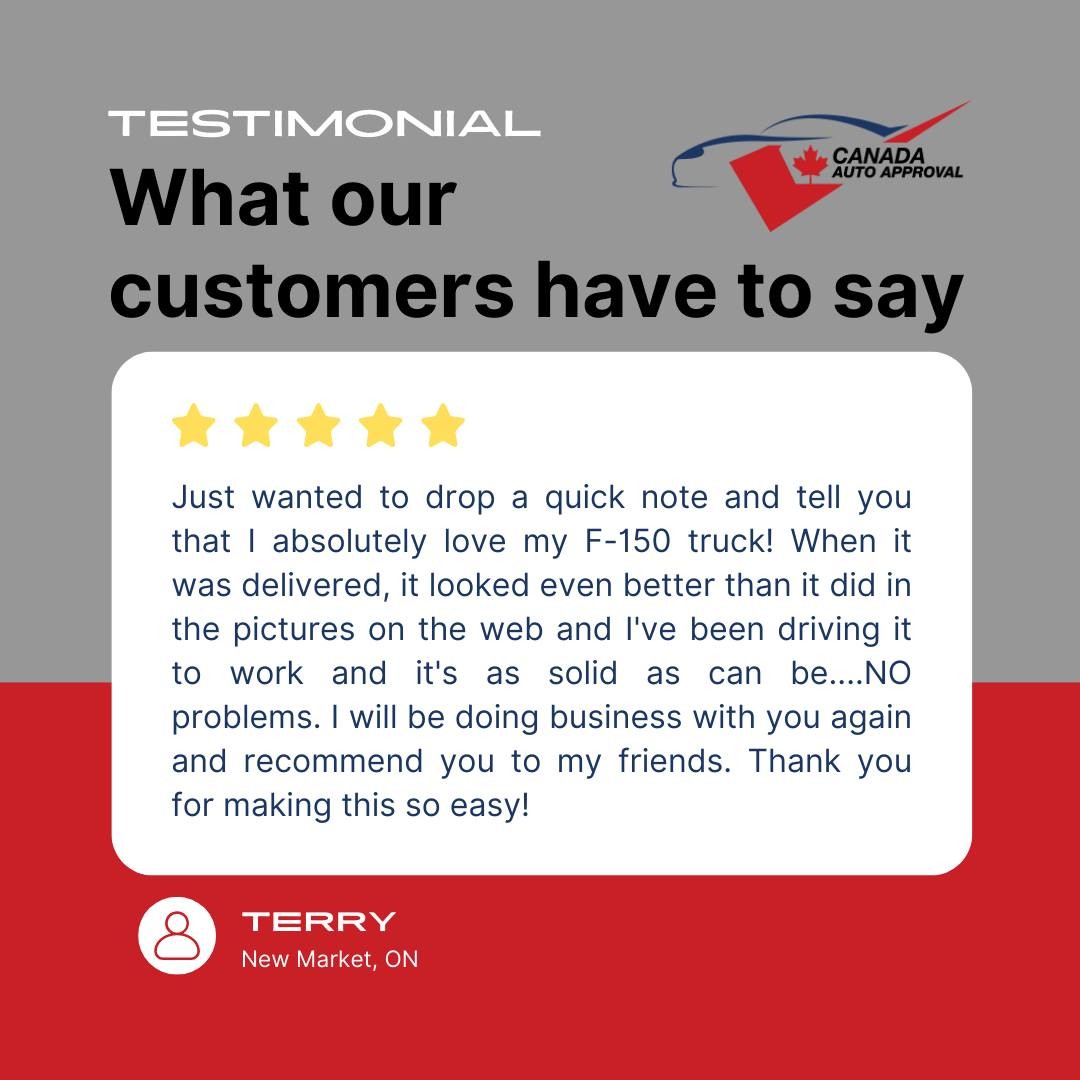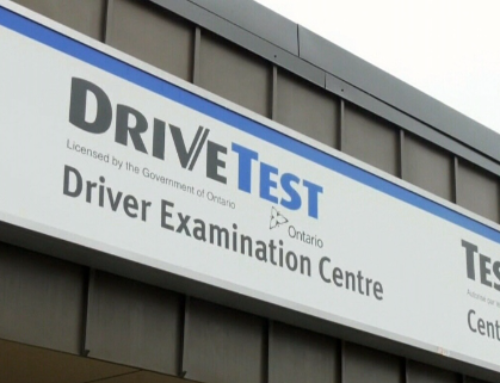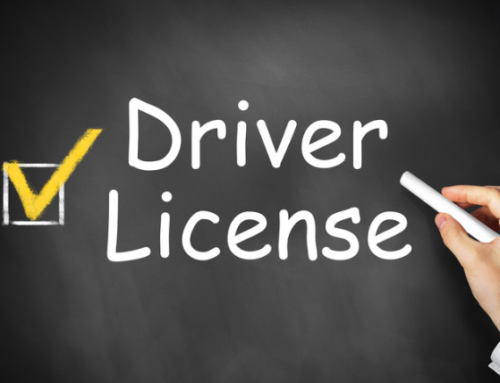Buying a used car from a private party can be a cost-effective way to get a reliable vehicle, but it also comes with risks. Private sellers may not always be as forthcoming as dealerships, and some might even engage in deceptive practices. As a used car dealer, we’ve seen various scams and want to help you navigate the process safely, scams to watch out for when buying a used car from a private party and how to protect yourself.
1. Odometer Fraud
What is it? Odometer fraud involves tampering with the car’s odometer to display a lower mileage than the vehicle has actually traveled. This scam makes the car appear less used and, therefore, more valuable.
How to Spot It:
- Check the Car’s History: Use the Vehicle Identification Number (VIN) to obtain a vehicle history report from services like Carfax or AutoCheck. Look for inconsistencies in mileage records.
- Inspect the Odometer: Examine the odometer for signs of tampering. Digital odometers can be more challenging to manipulate than mechanical ones, but both types can be altered.
- Compare Wear and Tear: Assess the condition of the car’s interior and exterior. Excessive wear on the pedals, seats, and steering wheel might indicate higher usage than the odometer suggests.
How to Avoid It:
- Always obtain a vehicle history report.
- Have a trusted mechanic inspect the car before purchase.
2. Title Washing
What is it? Title washing involves altering the car’s title to remove any branding that indicates it has been salvaged, rebuilt, or involved in significant damage.
How to Spot It:
- Check the Title History: Review the vehicle’s title history for any inconsistencies or changes in title branding.
- Compare State Regulations: Be aware that different states have varying regulations on title branding. Scammers may transfer titles across states to obscure a vehicle’s history.
How to Avoid It:
- Use a vehicle history report to verify the car’s title status.
- Verify the title information with your local Department of Motor Vehicles (DMV).
3. Curbstoning
What is it? Curbstoning is when unlicensed dealers pose as private sellers to offload multiple used cars, often without proper disclosure of the vehicle’s condition or history.
How to Spot It:
- Multiple Listings: Be cautious if the seller has multiple cars for sale or frequently posts new listings.
- Meeting Location: Sellers who insist on meeting in public places rather than their home might be curbstoning.
- Ownership Records: Ask for proof of ownership and check if the name on the title matches the seller’s ID.
How to Avoid It:
- Verify the seller’s identity and ownership of the car.
- Be cautious of sellers who avoid meeting at their residence.
4. Salvage Vehicle Scam
What is it? This scam involves selling a car that has been declared a total loss by an insurance company due to damage from accidents, floods, or other incidents, without disclosing its salvage status.
How to Spot It:
- Title Check: Look for salvage or rebuilt branding on the title.
- Vehicle History Report: Check the report for any indications of previous significant damage or insurance claims.
- Physical Inspection: Have a mechanic inspect the car for signs of extensive repairs, mismatched paint, or flood damage indicators like musty odors or rust in unusual places.
How to Avoid It:
- Always check the title and vehicle history report.
- Have the vehicle inspected by a professional mechanic.
5. VIN Cloning
What is it? VIN cloning involves using a stolen Vehicle Identification Number from a legally registered car to disguise a stolen or salvaged vehicle.
How to Spot It:
- VIN Inspection: Ensure the VIN on the car matches the VIN on the title and registration. Check for signs of tampering, such as scratches or mismatched rivets.
- Multiple VIN Locations: Verify the VIN in multiple locations on the car, such as the dashboard, door frame, and engine block.
How to Avoid It:
- Compare the VIN in multiple locations on the vehicle.
- Obtain a vehicle history report to ensure the VIN matches the car’s details.
6. Fake Certification and Warranty
What is it? Sellers might claim that a used car is certified or comes with a warranty when it does not, to increase the vehicle’s perceived value.
How to Spot It:
- Verify Certification: Check with the certifying authority or dealership to confirm the certification status.
- Review Warranty Documentation: Ask for written proof of any warranties and read the fine print carefully.
How to Avoid It:
- Contact the certifying authority to verify claims of certification.
- Request all warranty information in writing and verify its authenticity.
7. Incomplete Disclosure
What is it? Sellers might hide or downplay significant issues with the car, such as mechanical problems, accident history, or outstanding liens.
How to Spot It:
- Detailed Inspection: Conduct a thorough inspection of the car, or have a mechanic do it for you.
- Vehicle History Report: Obtain and review a comprehensive vehicle history report.
- Ask Direct Questions: Ask the seller directly about any past accidents, repairs, or outstanding liens.
How to Avoid It:
- Get the car inspected by a trusted mechanic.
- Always check the vehicle history report for hidden issues.
8. The Phantom Car Scam
What is it? In this scam, a seller advertises a car that doesn’t exist or isn’t for sale, taking deposits or full payments from unsuspecting buyers.
How to Spot It:
- Too Good to Be True: Be cautious of deals that seem too good to be true or significantly below market value.
- Seller Evasiveness: Watch out for sellers who avoid phone calls or insist on communicating only via email or text.
- Non-Local Sellers: Be wary of sellers who claim to be out of town and unable to meet in person.
How to Avoid It:
- Never send money without seeing the car in person.
- Verify the seller’s identity and the existence of the vehicle before making any payments.
9. Lemon Laundering
What is it? Lemon laundering involves selling a car that has been returned to the manufacturer due to serious defects, often without disclosing its history as a lemon.
How to Spot It:
- Vehicle History Report: Check for any buyback or manufacturer repurchase notations in the history report.
- Inspection: Have the car thoroughly inspected by a mechanic to identify any ongoing issues.
How to Avoid It:
- Use a vehicle history report to check for lemon law buybacks.
- Ensure a thorough pre-purchase inspection by a trusted mechanic.

